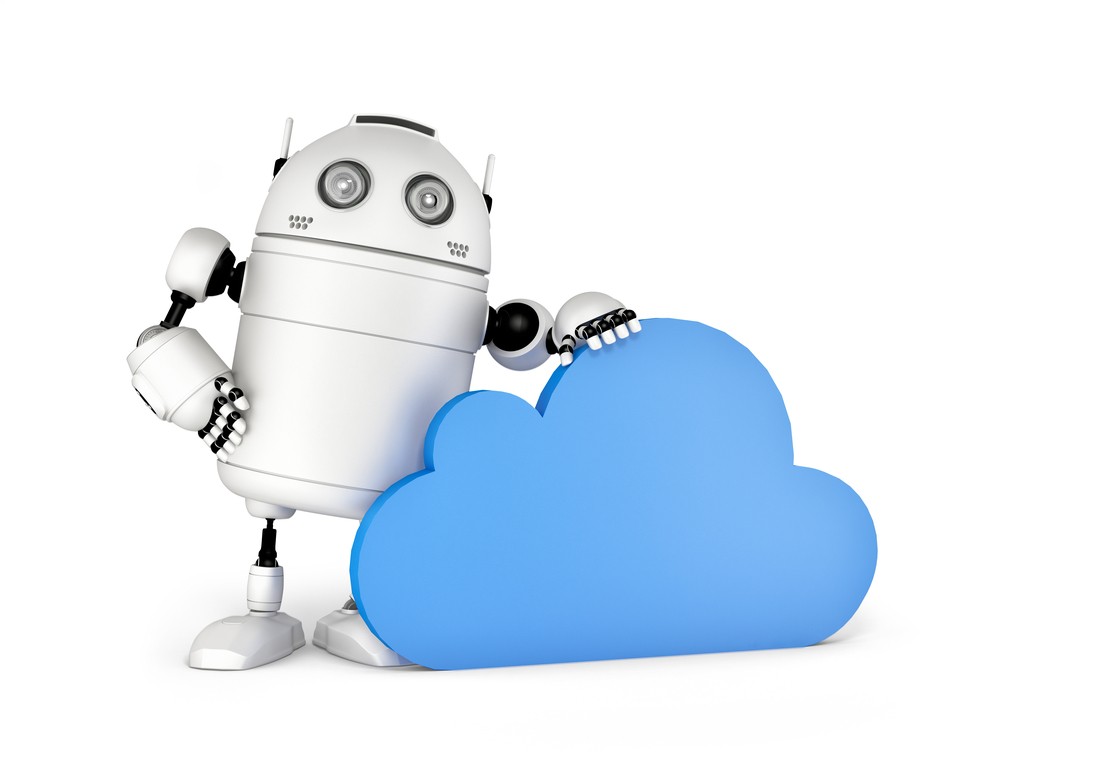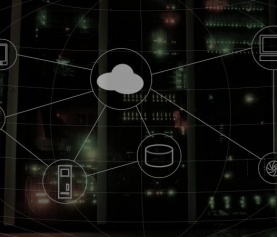
A cloud is essentially a server hosted in a different location from your office network, on the internet. It is generally virtual and is managed by someone else remotely, allowing your data to be safely stored and increasing efficiency in your company’s processes and workflows.
Benefits of Working on a Cloud

Everything is synced and secure with cloud backup solutions.
Cloud computing has been around for a couple of decades. It eliminates much of the stress and headaches that arise from managing hardware and software. Studies show that 69% of businesses are already using cloud computing technologies in one form or another. Users can securely access cloud data using specific login credentials provided by the cloud computing company. For those working from home, cloud computing allows employees to connect remotely via a Remote Desktop Connection (RDC).
One of the most common reasons for switching to a cloud is the improved efficiency that it offers. You will no longer need to spend large amounts of time and money purchasing equipment that constantly needs to be maintained. Cloud computing means you no longer need to invest in a large IT team to handle your cloud data since your cloud provider will provide expert staff to manage your company’s cloud.
Each business has its own IT needs that tie directly into communication goals and business objectives. If you’re interested in scaling, cloud computing helps make your business more efficient as you expand supply for your product or service. This type of scalability also reduces the risks of in-house operational issues, ensuring that no matter what happens at the office, there’s always a fully-accessible backup of all files.
Security Measures
If you’re running a business, you have sensitive data like financial information on file that needs to be secured. The best cloud services offer augmented security features to keep data safe. Two-factor authentication is a great example of the increased security that a cloud service has. It requires users to create a password and enter a code that is sent to the user via SMS or email for an additional layer of protection. Many cloud services feature a two-step verification process like this—one that further protects your cloud data and keeps your files secure. The added layer of protection helps keep your data safe from hackers trying to access a person’s device or any online accounts.
If you’re ready for a cloud computing option that keeps your company’s data safe, contact the team at OnePointSync to get a quote or to learn more.



